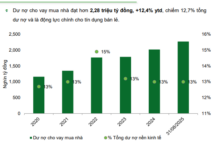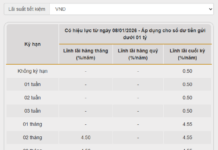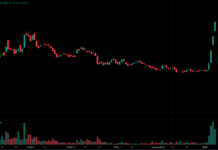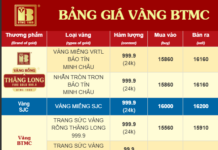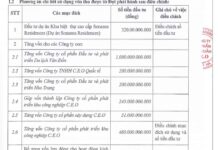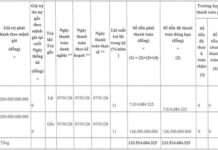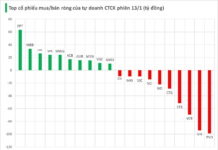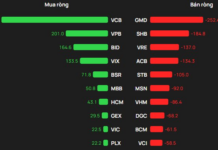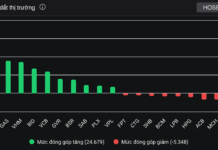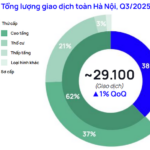A Lifetime of Toil, Yet Homeownership Remains Elusive
The real estate market holds immense potential and room for growth, but it’s also fraught with the risk of a bubble as housing prices surge, far outpacing actual income levels. This widening gap between property owners and those struggling to afford housing is becoming increasingly pronounced.
According to a report by the Vietnam Association of Realtors (VARS), the real estate sector’s share of total economic assets stands at just 21%, significantly lower than the 35% seen in developed nations. This indicates substantial long-term growth potential for the market.
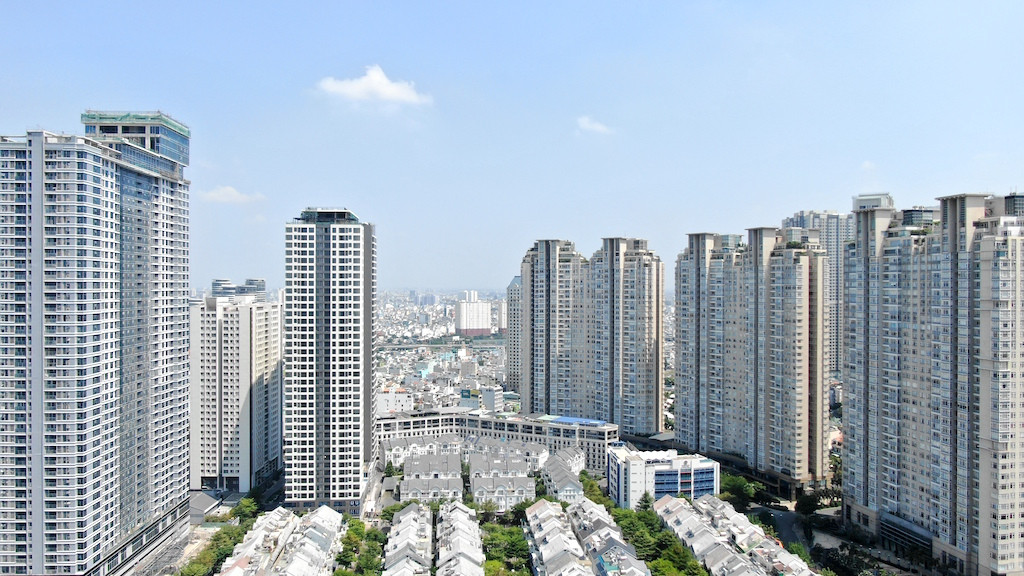
Skyrocketing prices not only limit housing accessibility for the majority but also heighten the risk of a market bubble.
However, the market’s growth trajectory shows signs of unsustainability, particularly the mismatch between product structure and affordability for the average citizen.
VARS’s report highlights that over the past three years, while housing supply has surged, the imbalance in supply structure persists. New projects predominantly cater to the high-end segment, targeting investors—including speculators. Even in suburban areas, where affordable housing is expected, prices remain significantly higher than the average income. Meanwhile, the greatest market demand lies in the mid-range housing segment.
“This supply-demand mismatch has driven up property prices, especially for apartments in major cities, creating new price benchmarks that far exceed income growth. This not only limits housing access for most citizens but also increases the risk of a price bubble,” the VARS report emphasizes.
VARS estimates that, assuming stable housing prices and income, the ability to afford a home is rapidly declining. For a two-bedroom apartment priced at 5 billion VND, a family earning 50 million VND monthly would need 8 years if they allocated their entire income to the purchase, or 25 years if they followed the rule of not exceeding one-third of their income on housing.
Even social housing is becoming less affordable. At 1.5 billion VND for a 60 sqm unit, a household earning 40 million VND monthly would need to save for about 10 years. In reality, this figure is much higher when factoring in loans.
“Consequently, the gap between asset owners and non-owners is widening and becoming entrenched. Real estate growth primarily benefits those who already own assets, while most citizens feel poorer despite economic growth, as housing costs outpace income. Those with initial financial advantages accumulate more properties as investments, further enriching themselves through land value appreciation, while non-owners face long-term renting, despite income improvements,” a VARS representative noted.
Alarmingly, VARS warns that without timely interventions, the wealth gap risks becoming intergenerational, posing significant challenges to social welfare, urbanization, and sustainable national growth.
Comprehensive Policies Are Essential
VARS argues that to ensure sustainable market growth without risks, measures must curb the rapid rise in housing prices. The most critical step is to increase the supply of affordably priced homes. A robust supply will naturally stabilize prices through market equilibrium.
VARS recommends accelerating the completion of legal frameworks and enhancing local authorities’ enforcement capabilities. Decentralization and empowerment of local governments to adjust policies flexibly, based on regional development goals and infrastructure maturity, are also essential.
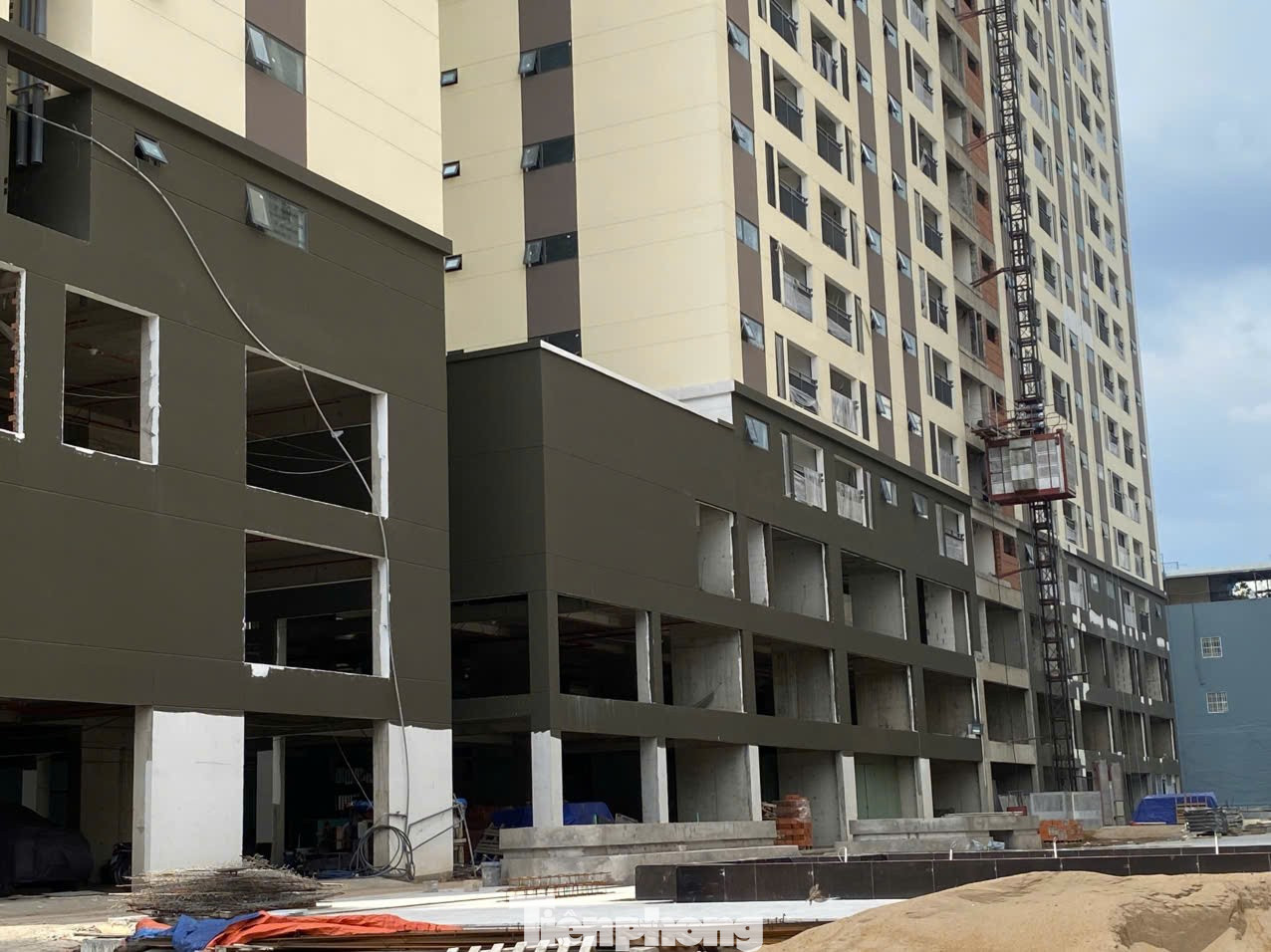
Early warning systems and market monitoring criteria are crucial for real estate market stability.
Diversifying capital sources for the real estate market is vital to reduce reliance on bank credit. Restructuring the corporate bond market and establishing a National Housing Fund and Real Estate Investment Trusts (REITs) are key initiatives.
“Social housing and income-aligned projects must be prioritized in urban planning, with incentives for developers. Urban development should integrate transportation infrastructure, such as ring roads and metros, to expand urban areas and ease central land price pressures. Simultaneously, fostering a professional rental market can reduce the cultural emphasis on homeownership,” the VARS report states.
VARS proposes developing criteria and early warning systems to monitor market dynamics, enabling authorities to detect anomalies like speculation, supply-demand imbalances, or localized liquidity issues. Proactive oversight can prevent risks and stabilize the market before issues escalate.
Additionally, expediting the creation of a unified, transparent national database for land, housing, and real estate is crucial. This infrastructure will enable timely, accurate market analysis and policy-making by government bodies, researchers, and businesses.
“An open, interconnected data system across ministries and localities—covering planning, transactions, values, legal status, and land use changes—will enhance policy effectiveness, transparency, and risk mitigation. It will also protect citizens’ and businesses’ interests by preventing speculation and price manipulation,” a VARS representative concluded.
Prime Minister: Ensuring Citizens Don’t Face Delays or Extra Costs When Accessing Social Housing
The Prime Minister emphasized three critical objectives in social housing development: streamlining procedures to eliminate bureaucratic hurdles; ensuring citizens can access social housing swiftly, affordably, and conveniently, without unnecessary delays, complications, or additional costs, and with protection against fraud; and fostering a safe, healthy, and sustainable real estate market that stabilizes the macroeconomy, controls inflation, drives growth, and maintains the economy’s key balances for rapid and sustainable development.
Techcombank Earns High Credit Ratings from Both Fitch and S&P Global
On November 10, 2025, Fitch Ratings assigned Vietnam Technological and Commercial Joint Stock Bank (Techcombank, HOSE: TCB) its inaugural credit rating with a “Positive” outlook. Concurrently, Fitch announced a Viability Rating (VR) and Government Support Rating (GSR) of ‘bb-‘, while also recognizing a ‘bb’ score for “Capital and Liquidity.”
Prime Minister Demands Ministry of Construction Clarify Causes of Delayed Social Housing Projects
Regarding the progress of social housing projects, the Prime Minister has requested the Ministry of Construction to provide a detailed report on the current delays in investment procedures and construction processes. The report should clarify the sequence of steps, identify the causes of bottlenecks, and address any obstacles hindering the timely implementation of these projects.





